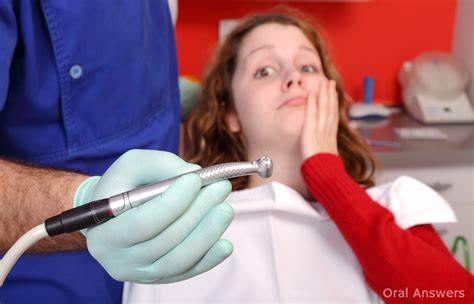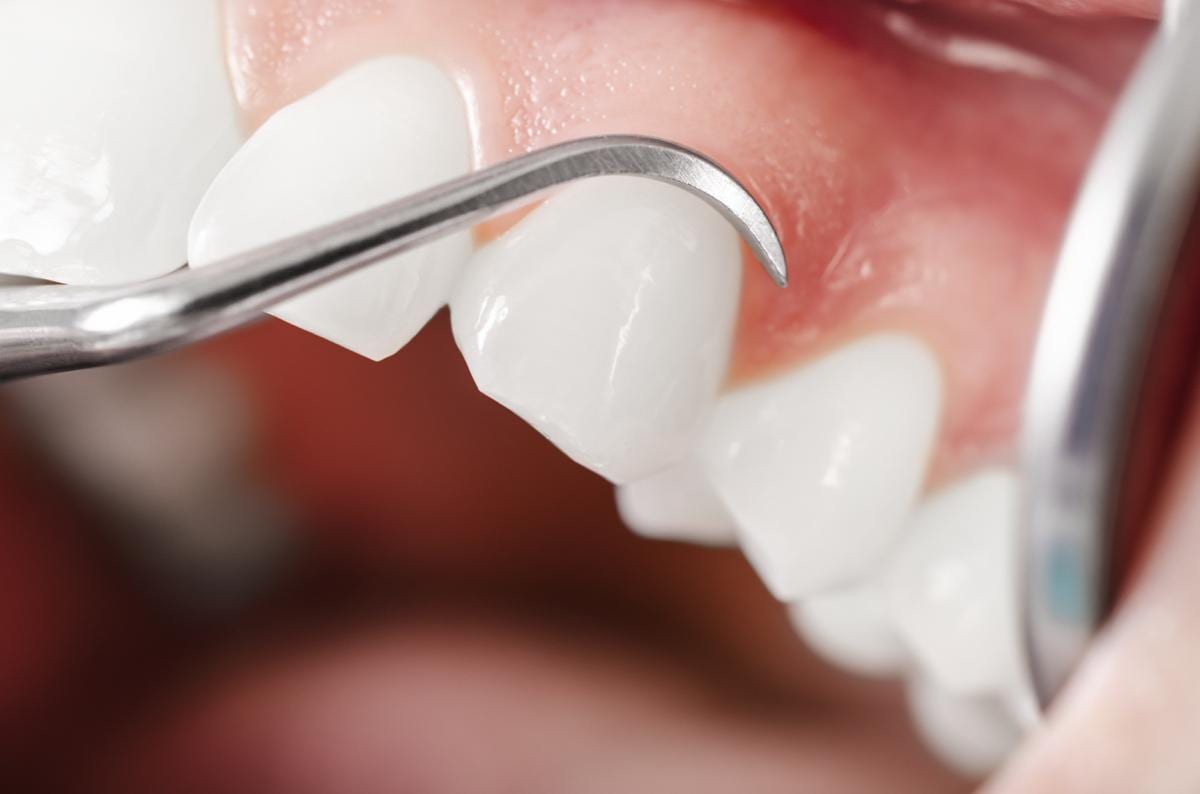Things that your mouth could tell you about your health

If you suddenly have a pile of holes
May mean: diabetes
Suppose you don't have cavities for most of your life, then your dentist will announce that you have five cavities during your semi-annual exam. Assuming you don't like soda or take any new medications, tooth decay can be a sign that your body has difficulty dealing with glucose. When this happens, sugar accumulates in the saliva and stimulates the growth of bacteria that cause tooth decay in the mouth. You may also feel tooth pain, especially after eating sweet, hot or cold things. According to records, tooth decay is not the only oral side effect of diabetes. Gum disease, oral thrush and dry mouth are other diseases.
If your teeth are "wearing"
May mean: Gastroesophageal reflux disease (GERD)
Anyone can burn heart. But if you go through more than two weeks in a week, you may have gastroesophageal reflux disease, and stomach acid will seep into the esophagus. Although some people have a "burning" feeling in their chest or throat, others have no symptoms at all.
When stomach acid reaches the mouth, it wears the enamel on the teeth. The erosion of GERD is usually on the lingual side of the teeth. A person may not notice this because it can happen very slowly, but the dentist will notice this in regular inspections. If you are diagnosed with gastroesophageal reflux disease, you can treat it with antacids, prescription drugs, and lifestyle changes, such as avoiding certain foods and eating less frequent foods.
If you brush your teeth, bleeding gums
May mean: gingivitis
Unless you are just beginning to floss your teeth, or if you brush your teeth too hard (in this case, relax!) The blood in the sink may indicate that the inflammation of your gum tissue is caused by plaques that form along the gum line. If left untreated, gingivitis can lead to more severe periodontitis, and the gums recede from the teeth, forming an infected pouch. This may mean troubles other than oral cavity: a study published in the American Heart Journal found that people with periodontitis are also more susceptible to heart disease, although it is not clear whether caring for the teeth will protect you. ticket stub.
If you think you may have gingivitis, please book your dentist. Also make sure you are using the correct toothbrush (a less stiff toothbrush), remember to gently floss the teeth: the American Dental Association recommends that people gently "guide" the floss until the floss is scraped Don't look at the floss before and after your gums.
If you have white spots on your tongue
May mean: oropharyngeal thrush
White plaques or plaques may be symptoms of oral thrush, an infection caused by excessive growth of Candida. This is not very common, but people with diabetes, dry mouth, or low immune system are more likely to develop diabetes. Other symptoms of infection include redness, difficulty swallowing, or cracking of the corners of the mouth. If you develop thrush, your doctor may prescribe antifungal drugs.
YOU MAY ALSO LIKE




